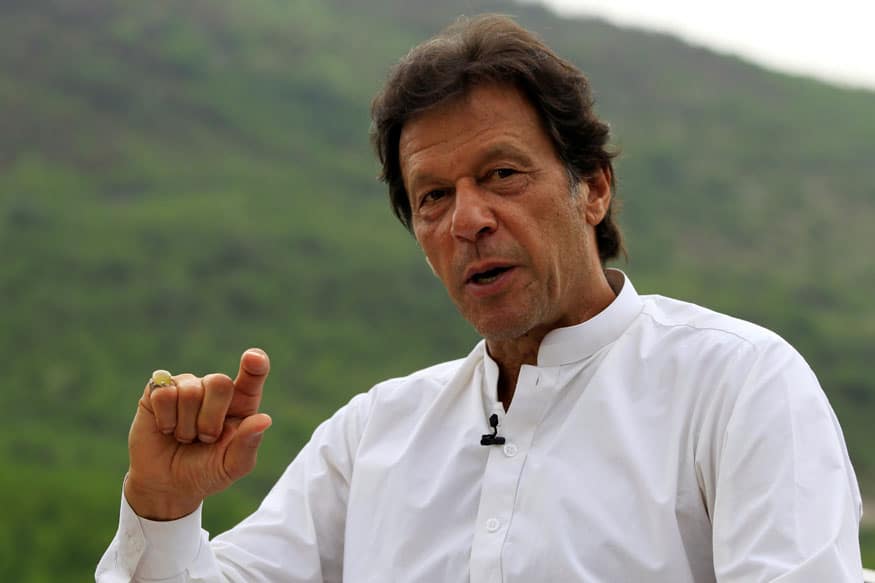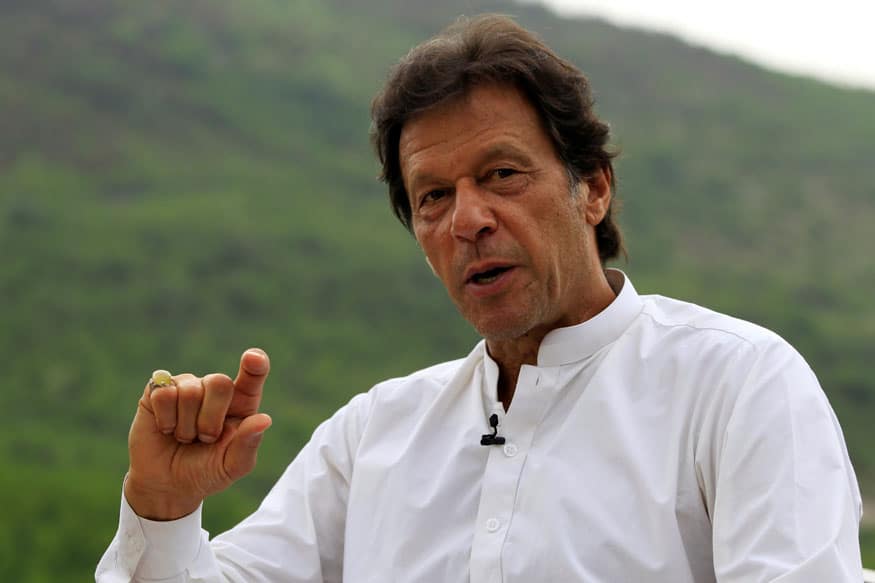
The words “hope” and “Pakistan” do not often appear together. Pakistan, a sprawling nation of 205 million, is hard to govern, even harder to finance, and seething with tribal or religious violence and discord.
But Pakistan, which for me is one of the most interesting and important nations on earth, is by far the leading nation of the Muslim world and a redoubtable military power. Created in 1947 from former British India as a haven for oppressed Muslims, Pakistan has been ruled ever since by military juntas or by slippery and often corrupt civilian politicians.
After decades of dynastic politics under the Bhutto and Sharif families, there is suddenly hope that newly elected cricket star Imran Khan and his Tehreek-e-Insaf Party (PTI) may – just may – tackle Pakistan’s four biggest problems: endemic corruption, military interference, political tribalism, and a half-dead economy.
Former Prime Minister, Nawaz Sharif, appears to be headed for jail over a corruption scandal unless he is allowed to go into exile in London. The exiled former military dictator, Gen. Pervez Musharraf, is hiding out in Dubai awaiting charges of treason.
I spent a good deal of time with Pakistan’s former leaders, Gen. Zia-ul-Haq and his bitter foe, Benazir Bhutto, both of whom were later murdered. Neither Musharraf nor Nawaz measured up to these colorful personalities in political skills, vision, or personality.
Imran Khan is sometimes called “Pakistan’s Jack Kennedy” for his movie-star good looks, charisma and zesty love life. He no longer plays professional cricket though he is still idolized in Pakistan and, interestingly, bitter foe India.
Khan (who is of Pashtun tribal blood) is also a philanthropist and respected thinker. He says he is determined to begin rooting corruption out of Pakistan and to revivify its ailing economy. Pakistan’s GDP is only $1,641 per person compared to India’s $2,134. The illiteracy rate is about 40%, notably among women who are the primary teachers of the young.
As Imran Khan is about to take office, Pakistan’s coffers are almost empty. Islamabad has had to take 12 loans from the International Monetary Fund in the last 40 years, in part to pay for its oil imports.
Now, Islamabad is negotiating yet another loan of $57 billion from its most important ally, China, whose vast belt and road project covering transportation, ports and infrastructure seeks to modernize Pakistan and turn it into a primary conduit to the Arabian Sea.
But Donald Trump’s Washington is angry over China’s dollar diplomacy, formerly a preserve of US foreign policy. US State Secretary Mike Pompeo, who plays bad cop to Trump’s bad cop, lambastes Pakistan for the Chinese loan.
The White House is obviously dismayed by China’s growing influence over Pakistan caused, in large part, by the US decision to cut aid to Pakistan and favor its old enemy, India. President George Bush aided India’s military nuclear program, alarming China and Pakistan. Now, Trump is working to mobilize India against China. So far, India has been too smart to act as an American strategic proxy.
Imran Khan will now have a chance to resolve the Indo-Pakistani dispute over contested Kashmir that has flared since 1947. India keeps one million soldiers and police there to repress the rebellious majority Muslim population that seeks to join Pakistan or create an independent state. The UN mandated a referendum to determine Kashmir’s future but India ignores it.
The new Khan government must also try to find a way to get the US out of the giant hole it has dug in Afghanistan. Imran has been a vocal critic of the stalemated US war in Afghanistan. Soon, he will control the major supply lines to US forces there.
India and Pakistan are important nuclear-armed powers. Their nuclear forces are on a hair-trigger alert of less than 5 minutes. There is frequent fighting on the Kashmir cease-fire line between the two sides. India’s vastly larger forces are poised to invade Pakistan. Islamabad says it must have tactical nuclear weapons to deter such an overwhelming Indian attack.
The Kashmir border is the world’s most dangerous flash point.
Imran Khan may be able to calm tensions over Kashmir and open meaningful talks with India where he is very popular. In the 1980’s, Gen. Zia ul Haq headed off an invasion by India by flying to Delhi on the spur of the moment to attend a cricket match. This writer expects Imran Khan to similarly appear in India for his ultimate diplomatic test match.
Reprinted with permission from EricMargolis.com.

